Erica Worthington’s journey

Eric Worthington grew up in a rural area near Washington DC. ”I was the last of seven children,” I am told as we chat over coffee. “In my family, being the youngest meant following my siblings’ examples and trying to live up to everyone’s expectations.”
It wasn’t easy to live up to those norms. “As a six-year-old, I got a crush on a boy at school, but I didn’t know what that meant. As a teenager, I was attracted to girls; and boys every now and then, but I tried to suppress those
“After college, I was an engineer working in military electronics. I got married at 25; it was so stupid in retrospect, but it allowed me to suppress my fantasies about boys.” Eric’s security clearance meant that he couldn’t be outwardly gay, “but I started having more fantasies about having sex with men, or even being a woman having sex with men or other women.”
The marriage ended after three years. “Being gay never came up. It was the time of AIDS and Reagan’s moral majority, with strong societal forces saying ‘don’t be gay!’ My first therapist once asked if I thought about other men – I said yes. But the therapist didn’t pursue it, which I took as yet another instruction to not be gay.”
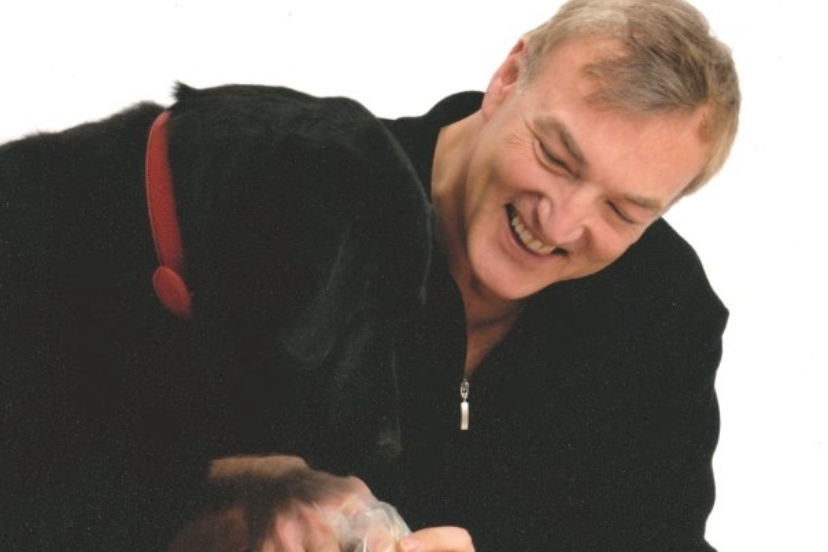
After the divorce there was a career switch - and enrolment part-time at law school while working full-time. “I was dating a woman- I didn’t really allow myself to think about men, so I married a second time - another big mistake. She wanted kids; I didn’t. Why did I get married again? I asked myself that when the second marriage started to fall apart soon after.”
“I kept asking myself the wrong questions, like: ‘What’s wrong with the people I get involved with, who don’t offer all that I want?’ ‘Why can’t I be happy with those around me? I was 45 when I finally started to piece it together. My father died, and a second father figure, lamenting on his life’s regrets, would say: ‘Don’t wait to live until you get old, because then it’s too late.’ I needed to listen to that advice!”
Eventually, I asked myself: “what is it about ME that’s causing me to be unhappy?” I had been hiding all this stuff and not being honest with myself. “So I came out in a letter to my second wife, that ‘I think that I might be gay,’ which led to the second divorce.”
“Cross-dressing had always been a fantasy that I never acted upon, so I finally allowed myself to research it. I started dating a man from San Francisco, who was into cross-dressing, and who was an amazing make-up artist who had worked for Lady Gaga and other big names. One night, he did our makeup, and when I saw my feminized face in the mirror it was an epiphany! I looked like a pretty woman, with a line-backer’s body!”
“I started spending more time exploring my ‘feminine’ side. It was another period of confusion; ‘Okay, what am I?’”
“My new therapist said: go explore as much as you can. So I sought out trans support groups, which were super helpful. Eventually, I went to a Trans Week event in Provincetown, where I met others exploring gender, and struggling with how to apply it in their daily lives. I discovered that there are lots of ways of expressing oneself, whether full-time or part-time, publicly, or privately. But I still had to work out my path. Then, after counselling one night, I reflected and thought, ‘I want to die a woman!’ So that was my direction.”
“At age 50, I decided to have facial feminisation surgery, which entailed eight hours of recontouring my facial bones, and five hours of soft tissue work. The surgeon told me to cover all my mirrors at home, since I wouldn’t like what I’d see. But I ignored that! For the first two weeks I didn’t even look human, with a horribly swollen face and black and blue everywhere.
"But then one day I finally saw a family resemblance, just around my eyes, maybe a cousin or aunt or such…and then suddenly a four-year-old girl was looking back at me in the mirror! The words ‘I’m home!’ came out of my mouth, and I felt 100% sure that I was doing the right thing!”
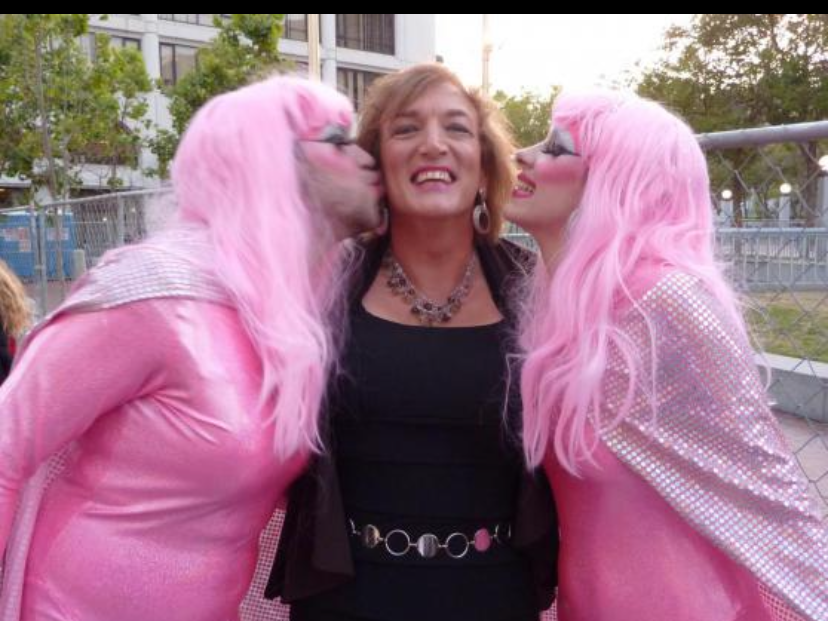
“I decided to be open with my transition, and offered to answer all questions that my friends, neighbours, or coworkers might have about being trans. Most of them were just wonderful to me and appreciated being able to ask and learn.” But others, not so much; “One of my brothers told me that for him, it was ok when I was ‘just’ gay, but being a woman was too much. He said that for him, I died on the operating table, and he was done with me. I haven’t spoken with him since.”
As part of her outreach, Erica put together training material for lawyers, on how to identify and prevent biases against trans people at work, and HR departments on trans issues in the corporate world. She also worked with the Transgender Law Center, helping trans prison inmates.
“It took lots of false turns, confusion, and pain to get to the point where I am today, completely reconciled with my identity. I struggled initially in transition, with the conflict between my masculinity and femininity - but it’s all just different parts of me. As a bonus, I can now say that I’ve been each of Straight, L, G, B and T at various points in my life.”
“My advice to a young me is: ‘Have the courage to be honest with yourself. And don’t wait to live!’”
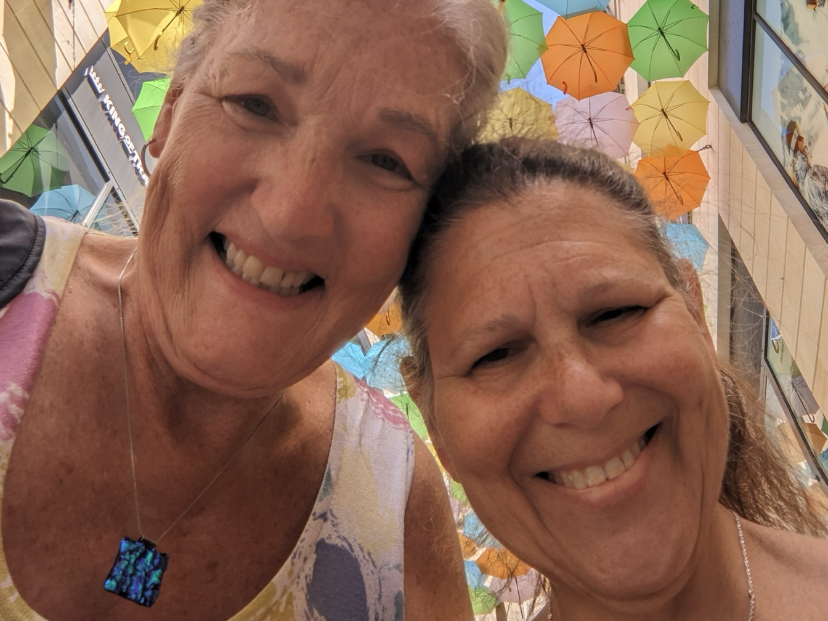
A whole separate story is how Julie came to be Erica’s wife, of 12 happy years. Initially Julie thought she couldn’t be with a trans woman, since she considered herself straight. “But now we jokingly refer to Julie as “the accidental lesbian.”
Sitting, as I was, across the coffee table from Erica, I thought, it’s been quite a journey!
Support independent LGBTQ+ journalism
Scene was founded in Brighton in 1993, at a time when news stories about Pride protests were considered radical. Since then, Scene has remained proudly independent, building a platform for queer voices. Every subscription helps us to report on the stories that matter to LGBTQ+ people across the UK and beyond.
Your support funds our journalists and contributes to Pride Community Foundation’s grant-making and policy work.
Subscribe today

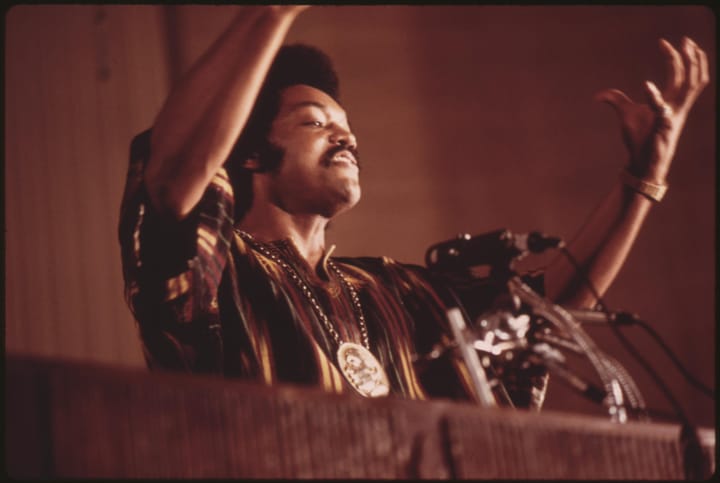
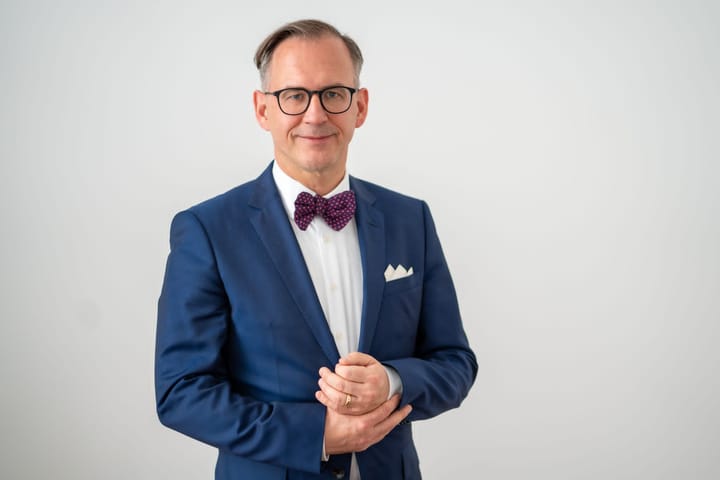
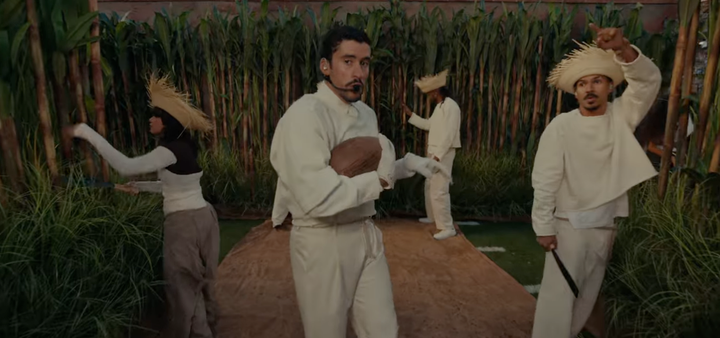
Comments ()